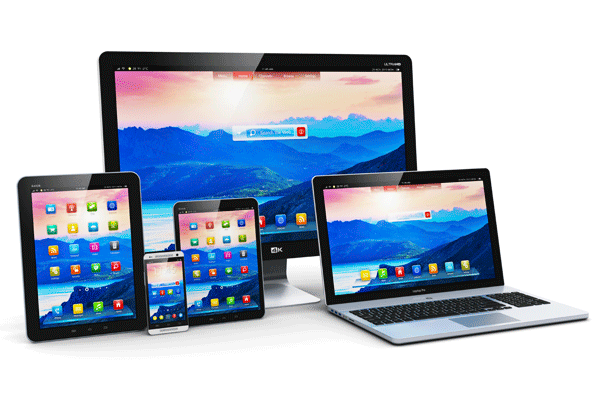
BY HARRIET CHIKANDIWA
Information Communication and Technology (ICT) minister Jenfan Muswere yesterday said the COVID-19 pandemic had presented new opportunities in the country’s endeavour to transform into a digitally-enabled society by 2030.
He said this yesterday while addressing the Fourth Industrial Revolution (4IR) summit held virtually under the theme Towards a Developed Economy Through 4IR.
Muswere said digital transformation had been pivotal as a strategy, not only in adapting to the COVID-19 pandemic and its effects, but in taking advantage of the new opportunities it presents “in our journey to transform Zimbabwe to a digitally-enabled society by 2030”.
He said the COVID-19 pandemic had made the country realise that broadband connectivity and ICT access was no longer a luxury, but a right, adding that data had become the oil that lubricates all sectors of the economy and facets of life.
“The government of Zimbabwe has identified a digital economy as one of the national priorities for the achievement of an upper-middle income economy by 2030,” Muswere said.
He said in alignment with the National Development Strategy One, the government envisaged a digital economy, digital government and an increasingly digital society.
“The Fourth Industrial Revolution has brought with it many technologies such as artificial intelligence, internet of things, robotics, virtual reality, the cloud and 3D printing which present vast opportunities in the entirety of the economy,” Muswere said.
- Chamisa under fire over US$120K donation
- Mavhunga puts DeMbare into Chibuku quarterfinals
- Pension funds bet on Cabora Bassa oilfields
- Councils defy govt fire tender directive
Keep Reading
“Industry 4.0 signifies the fourth in a series of industrial revolutions, which are characterised by their ability to transform economies, jobs and even society itself through the introduction of new technologies and processes.”
He added: “As in the previous industrial revolutions, the impact of these changes has the potential to ripple across industries, businesses and communities, affecting not just how we work, but also how we live and relate to one another.
“But this time, the revolution is advancing at extraordinary speed, driven by technology developing at an exponential rate.
“Amid shifting demographics and unprecedented global connectivity, not just technological, but also social and economic, industry 4.0 can herald greater opportunities as well as greater risks.”
Muswere said given the rapid changes that were now a permanent feature in the technological space, regulating the ICT sector has become a serious challenge to all involved.
“The world of big data, internet of things and artificial intelligence, among other emerging technologies, flows so fast that if regulatory practices are not constantly reviewed, instead of creating an enabling environment, they can become the bottleneck in this data-driven economy,” he said.
“Rapid changes in technology equally affect policymakers. The government, through the ICT ministry is committed to playing its oversight role as well as providing a forward-looking and adaptable policy environment for the ICT sector.”
Muswere added that the level of utilisation of 4IR technologies was not currently widespread in Zimbabwe.
“However, there could be potential applications to various sectors of the economy, causing disruptions in industries across the country,” he said.
“To systematically exploit the potential of ICTs for national development and transformation, Zimbabwe has developed an all-inclusive, focused and forward-thinking guideline that articulates how the country will develop, deploy and manage ICTs across all sectors, the Smart Zimbabwe 2030 Masterplan.
“As the country moves towards becoming an upper-middle income society, we need to adopt a new approach and exploit the potential of ICTs by developing appropriate applications that can improve the country’s productivity and competitiveness. Internet of things and drone technologies are expected to be central to the future of agriculture.” Muswere said 3D printing was expected to transform manufacturing, automation of jobs due to artificial intelligence and robotics and would also cause tectonic transformations in the Zimbabwe labour He said one of the exciting possibilities in this era was achieving efficiency in e-commerce, which was inextricably attached to the government’s objectives under the “ease of doing business” initiative.











